Top Features to Look for in a High-Performance Tomato Sauce Machine
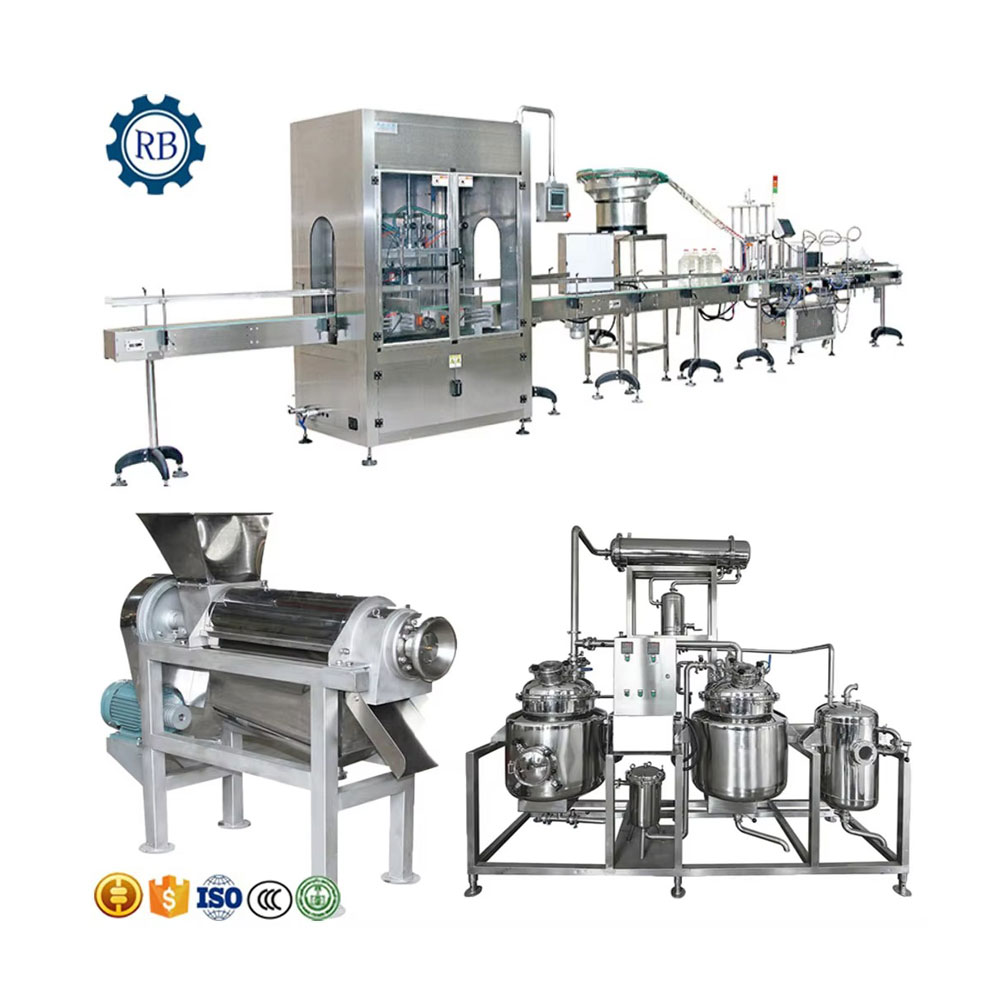
Introduction: Why the Right Tomato Sauce Machine is Essential for Your Business
The world of sauce production is an ever-evolving landscape, where the demand for high-quality, consistent products is greater than ever. For businesses involved in manufacturing tomato sauces, the right machine can mean the difference between mediocrity and excellence. A high-performance tomato sauce machine not only ensures that your production runs smoothly, but it also guarantees that your final product meets the highest standards of quality and consistency. But why exactly is this so crucial? The answer lies in efficiency, cost savings, and, most importantly, the flavor and texture of your sauce.
The Role of Technology in Sauce Production
Technology has become the backbone of modern food production, and the tomato sauce industry is no exception. The latest advancements in machine design and automation have revolutionized the way sauces are processed. From the initial crushing of tomatoes to the final pasteurization stage, technology ensures that each step is executed precisely, reducing human error and enhancing efficiency.
How the Right Machine Can Streamline Your Production Process
A high-performance tomato sauce machine does much more than just process tomatoes; it streamlines the entire production cycle. By combining multiple functions—grinding, mixing, pureeing, and cooking—into one unit, businesses can drastically reduce their production time. This not only saves money but also allows for better coordination of other processes like bottling and packaging, ensuring your sauce is always produced at the optimum time for quality.
The Impact of High-Performance Machines on Product Quality and Consistency
A key element of any successful food production process is maintaining consistency. Whether you're producing small batches for local markets or large quantities for international distribution, ensuring that every jar of sauce tastes the same is essential for customer satisfaction and brand loyalty. High-performance tomato sauce machines provide the precision needed to ensure every batch is consistent, both in flavor and texture. They can control temperature, speed, and ingredient distribution with remarkable accuracy, ensuring that the final product meets the desired standards every time.
Key Features of a High-Performance Tomato Sauce Machine
Choosing the right tomato sauce machine is a critical decision for any business. Below are the key features to look for when selecting the best machine for your needs.
What Makes a Tomato Sauce Machine High-Performance?
A high-performance tomato sauce machine is defined by its ability to produce large quantities of sauce without compromising on quality. It offers advanced features like precision temperature control, versatile ingredient handling, and reliable automation systems that allow for consistent, repeatable results. The materials used in the construction of the machine also play a significant role in its performance, ensuring it can withstand the wear and tear of high-volume production.
Understanding the Core Functions and Benefits of a Quality Machine
The core functions of a high-performance machine extend beyond just making sauce; they also focus on improving efficiency, reducing waste, and enhancing flavor. Whether it's the ability to handle various tomato varieties or integrating automatic mixing and temperature regulation, a top-tier machine adds value by improving the entire production line. These machines also help reduce downtime and maintenance costs, contributing to long-term profitability.
Capacity and Output: Meeting Your Production Demands
When selecting a tomato sauce machine, capacity is one of the most important considerations. It’s essential to match the machine’s output with your production needs to avoid bottlenecks or overproduction.
How to Determine the Ideal Capacity for Your Business
Understanding the volume of sauce you plan to produce on a daily, weekly, or monthly basis is key. A machine's capacity should align with your current needs but also allow for future growth. Consider factors such as order volume fluctuations, seasonal peaks, and expansion plans when determining the ideal capacity.
Balancing Speed and Output Efficiency
High output is important, but speed shouldn’t come at the expense of quality. The ideal machine will balance both, allowing you to meet production goals without sacrificing product consistency. Features like adjustable speed and variable temperature controls allow for a dynamic response to different production requirements.
The Importance of Consistent Production Levels
Consistency is king in sauce production. A machine that can provide uniform results, batch after batch, ensures that your product retains its quality across different production cycles. This reduces the chances of discrepancies that could affect taste, texture, and overall consumer satisfaction.
Versatility in Production: Multiple Functions in One Machine
A great tomato sauce machine should be versatile enough to handle various processing stages efficiently.
Grinding, Pureeing, and Mixing: The Essential Functions for Tomato Sauce
Grinding and pureeing are essential steps in tomato sauce production. The ability to process tomatoes, herbs, and spices into a smooth, uniform texture is crucial for the perfect sauce. Additionally, mixing functions ensure that all ingredients are well-combined, delivering a balanced flavor profile every time.
Can the Machine Handle Different Types of Tomatoes and Ingredients?
Tomato varieties and ingredient quality can differ, affecting the sauce's final texture and flavor. A high-performance machine should be adaptable, capable of processing various tomato varieties, along with other ingredients such as spices and flavor enhancers. This flexibility ensures that different recipes or customer requirements can be met without needing additional equipment.
Customizable Settings for Different Sauce Consistencies
Different sauces require different consistencies, and customization is key to achieving the desired texture. Whether you’re making a chunky marinara or a smooth tomato paste, your machine should offer adjustable settings for consistency. This allows you to tweak the texture of your sauce depending on the recipe or customer preferences.
Precision Control: Ensuring Consistency and Quality
Achieving consistency in sauce production requires fine-tuned control over various parameters.
Temperature Control for Optimal Flavor Extraction
Flavor extraction is heavily influenced by temperature. A high-performance machine should have advanced temperature control capabilities that allow you to cook the sauce at the optimal temperature for flavor development without overcooking or burning the product.
The Role of Speed and RPM Adjustments in Sauce Quality
Adjusting the speed and RPM (revolutions per minute) allows for more precise control over the processing of ingredients. This feature is essential in maintaining a uniform texture and flavor in the sauce, as too much agitation can alter the desired consistency.
How Fine-Tuning Process Parameters Improves Product Consistency
By allowing operators to fine-tune parameters like speed, temperature, and mixing ratios, high-performance machines enable businesses to maintain consistent product quality. This fine-tuning is vital for producing sauces with the same flavor and texture each time, ensuring consumer satisfaction and brand loyalty.
Durability and Build Quality: Longevity and Reliability
In the food production industry, reliability is a cornerstone of operational success. The durability of your tomato sauce machine directly impacts both production efficiency and long-term costs.
The Importance of High-Quality Materials in Machine Construction
A high-performance machine is built to last. The materials used in its construction must be robust, resistant to wear, and capable of handling the rigors of continuous operation. Materials like stainless steel are commonly used due to their resistance to corrosion and ability to withstand high temperatures and pressures.
Stainless Steel Components: The Best Choice for Hygiene and Durability
Stainless steel is the go-to material for food processing equipment, and for good reason. It is easy to clean, resists rust, and can withstand the high heat necessary for pasteurization. Machines with stainless steel components are not only durable but also ensure that your product remains free from contaminants.
Corrosion Resistance: Why It’s Essential for Long-Term Use
Machines in the food processing industry face exposure to various liquids and acidic substances, such as tomatoes. Corrosion resistance is therefore essential to ensure that the machine maintains its structural integrity over time. Without proper resistance, machines may fail prematurely, leading to costly repairs or replacements.
Must-Read Blogs For Chain Restaurants Owner

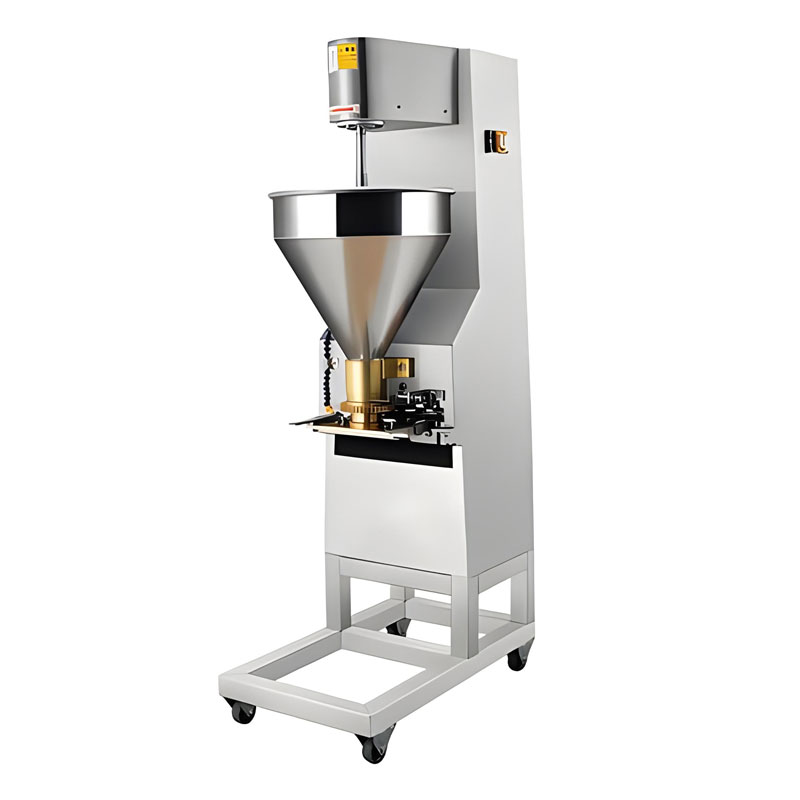
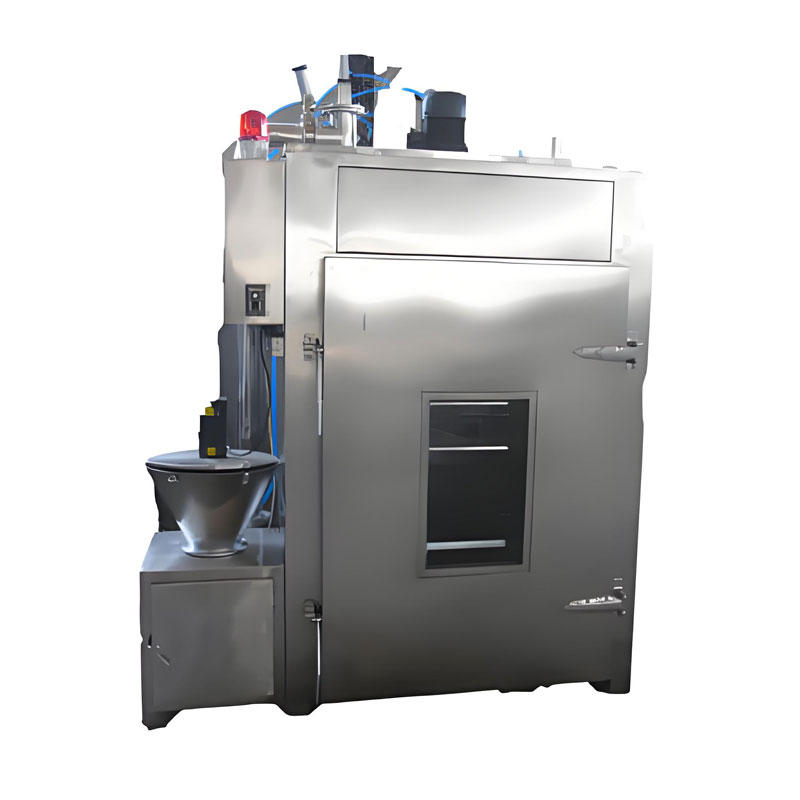
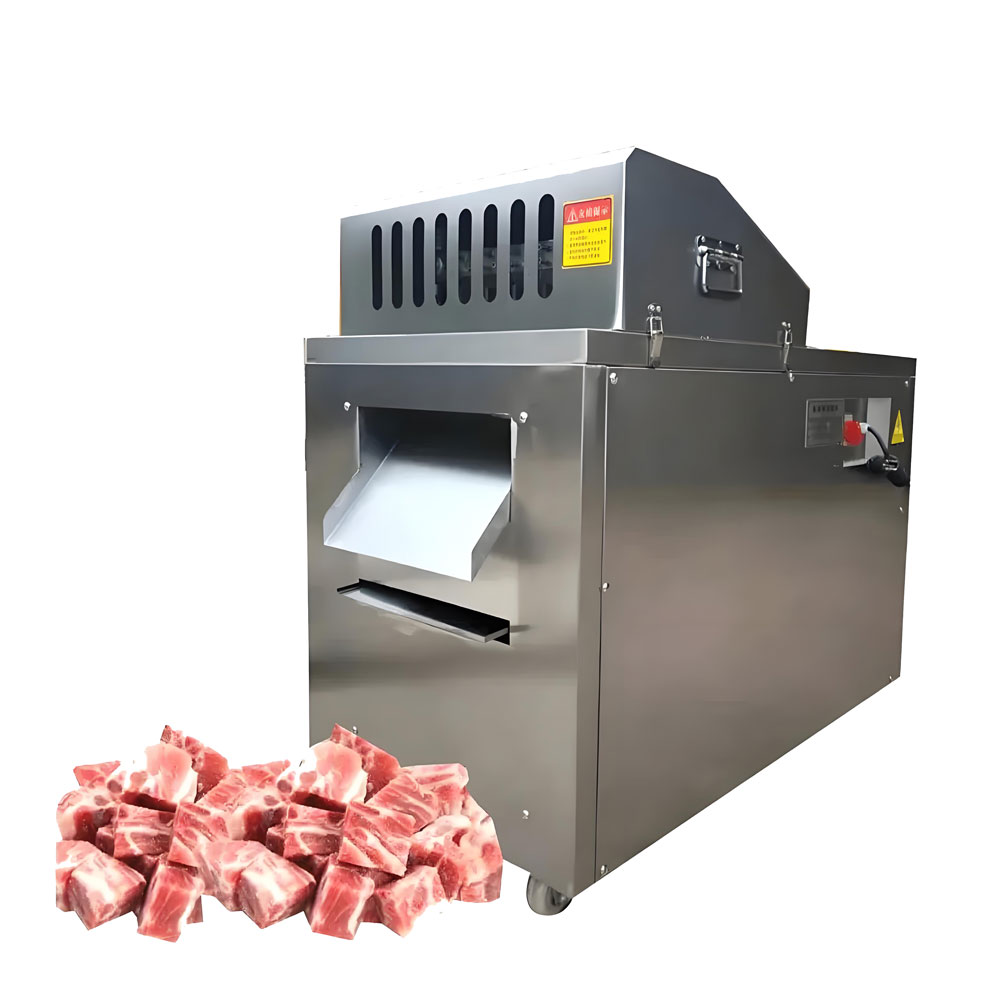
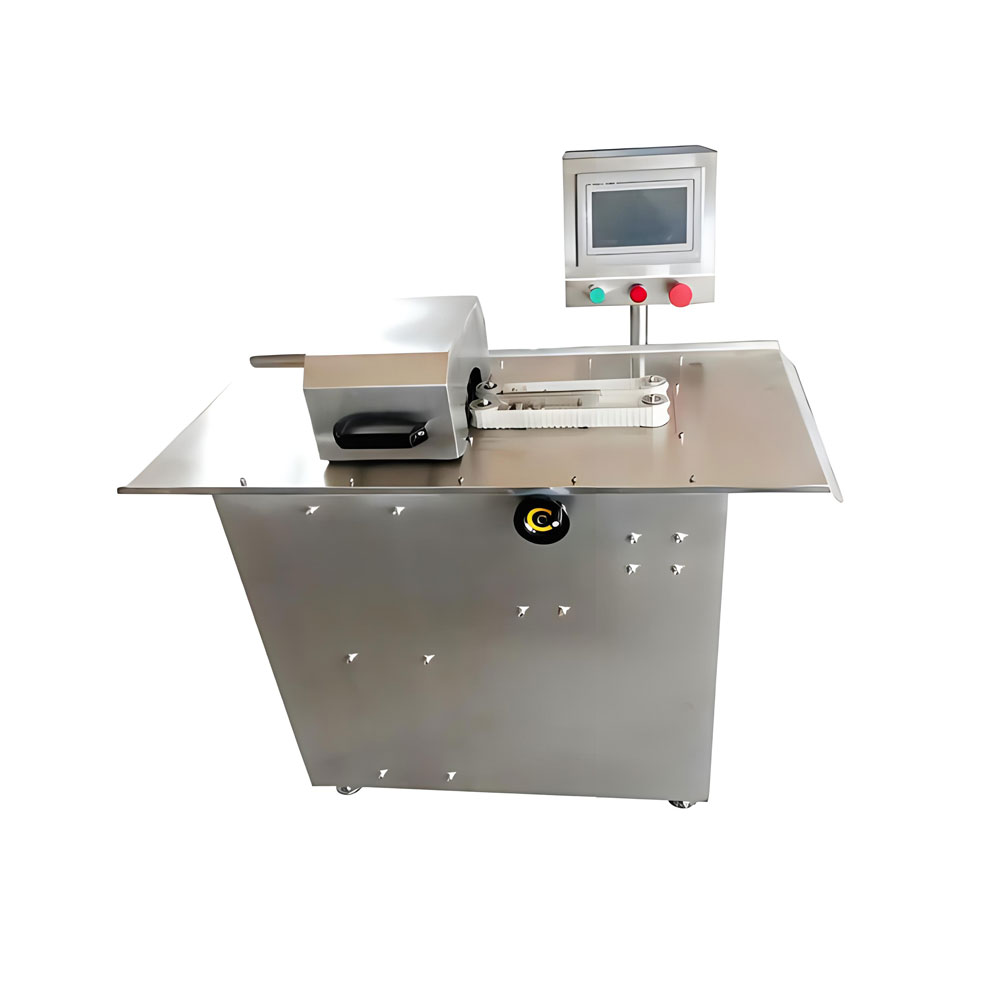
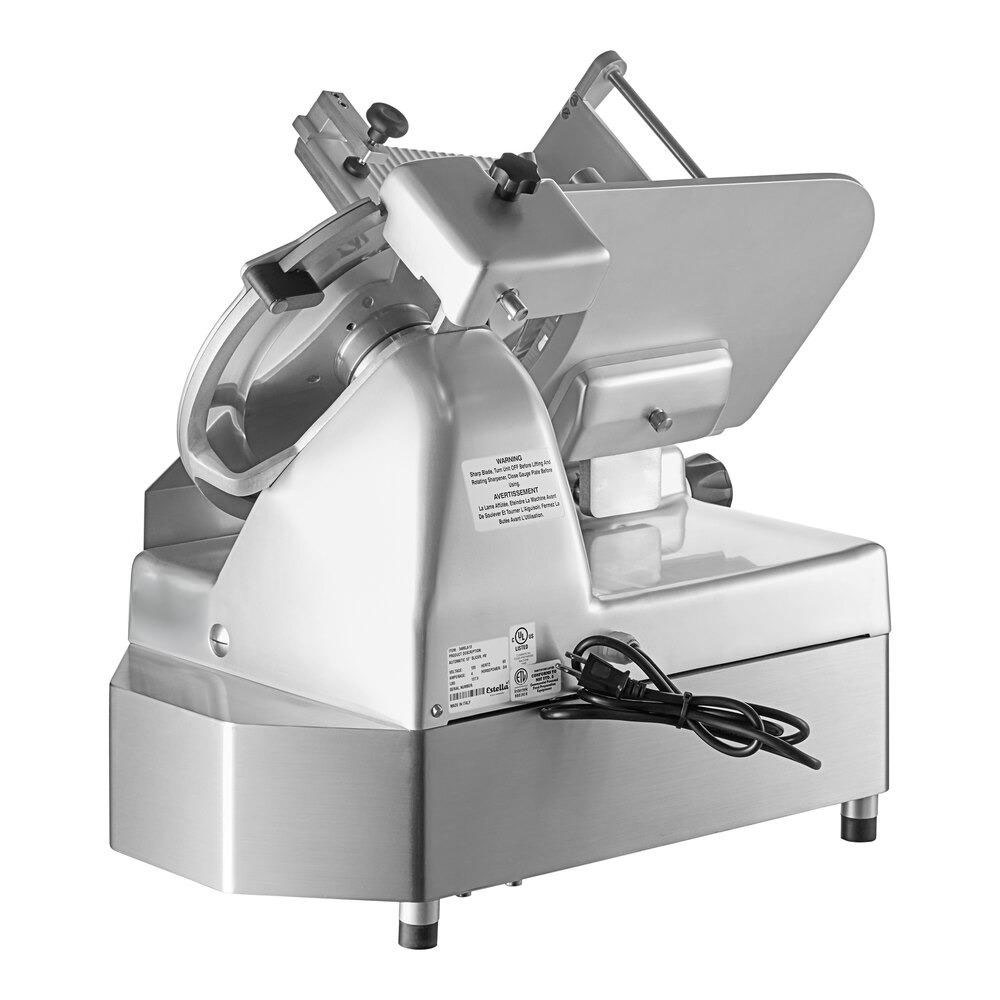
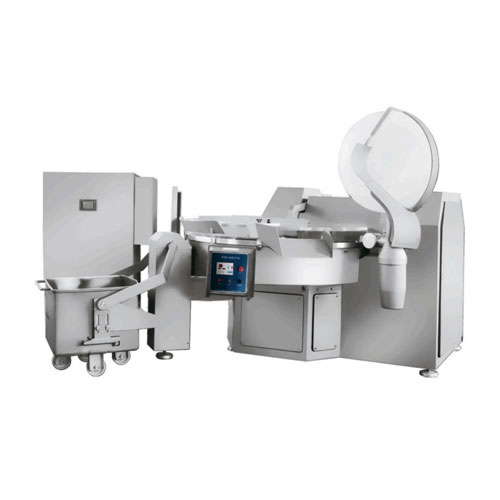
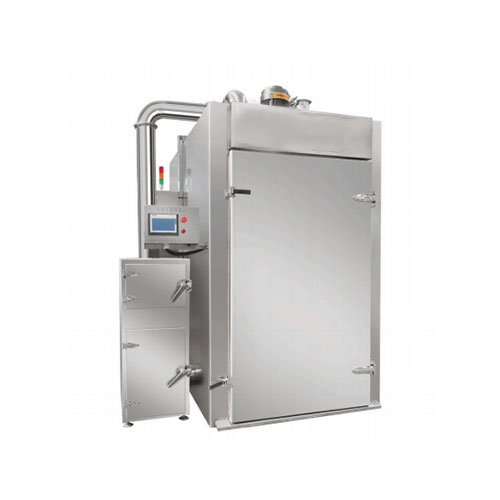
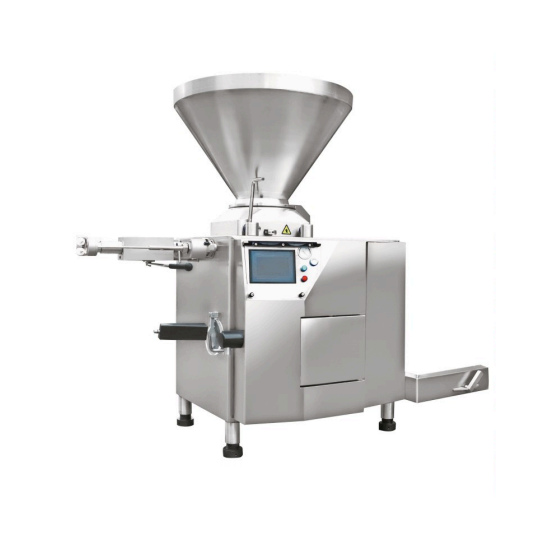
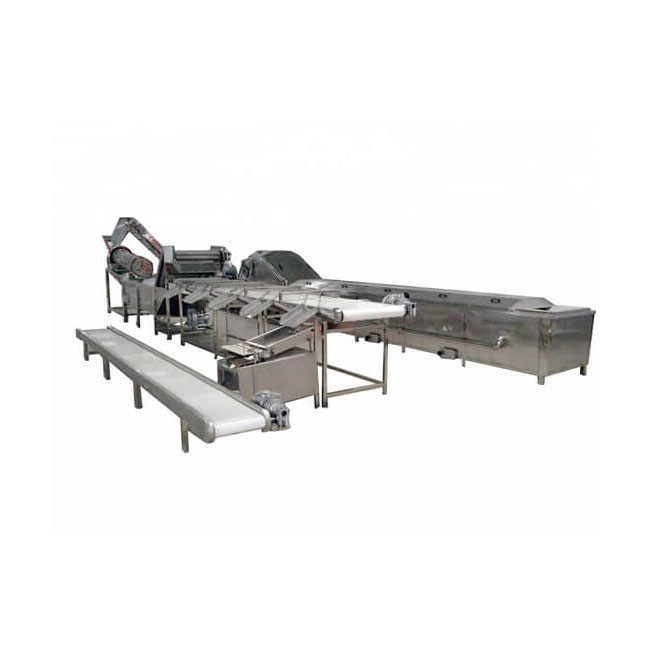
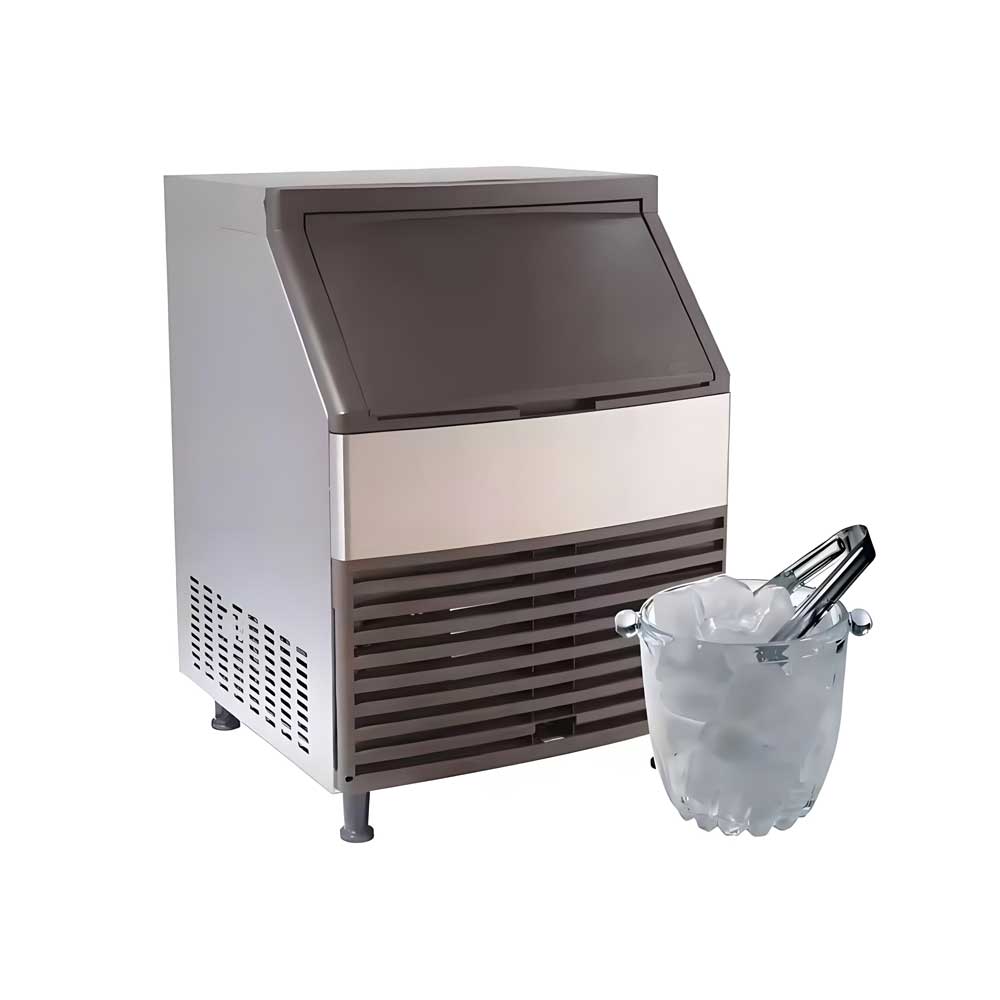
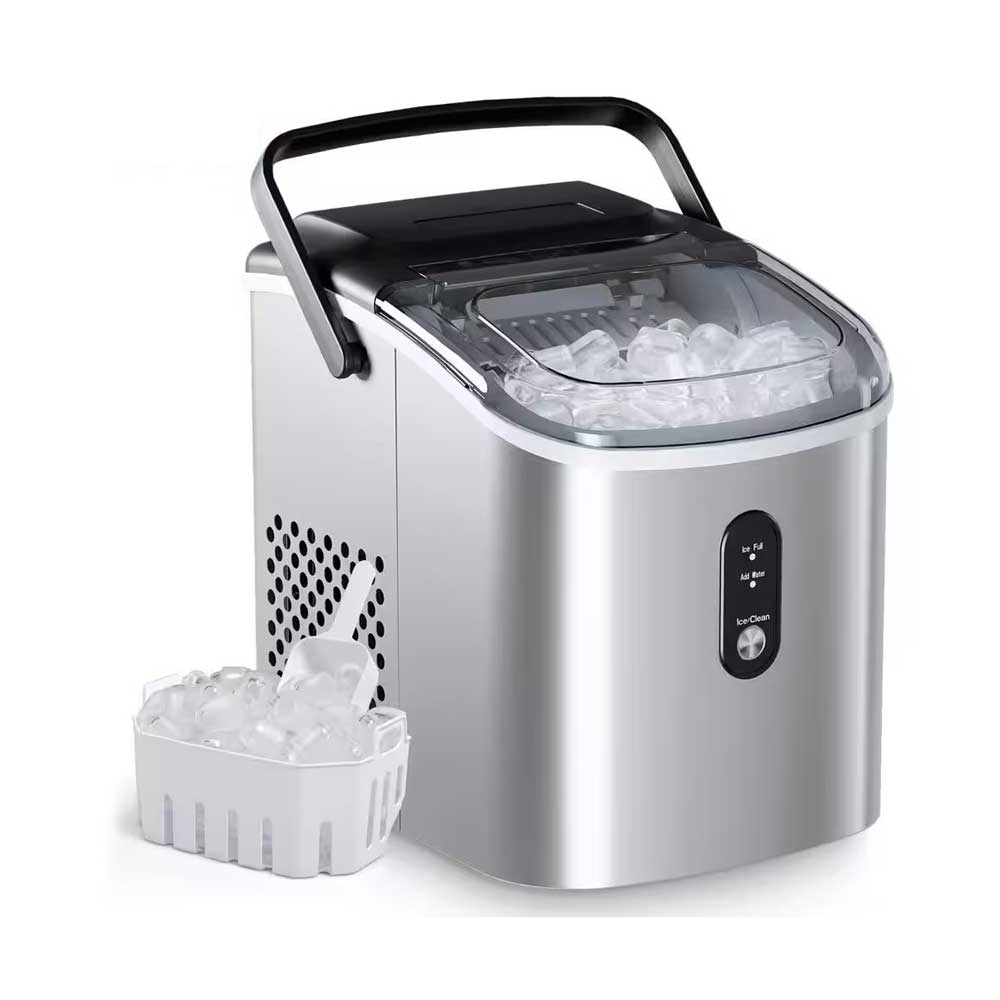 Portable Flake Ice Machine
Portable Flake Ice Machine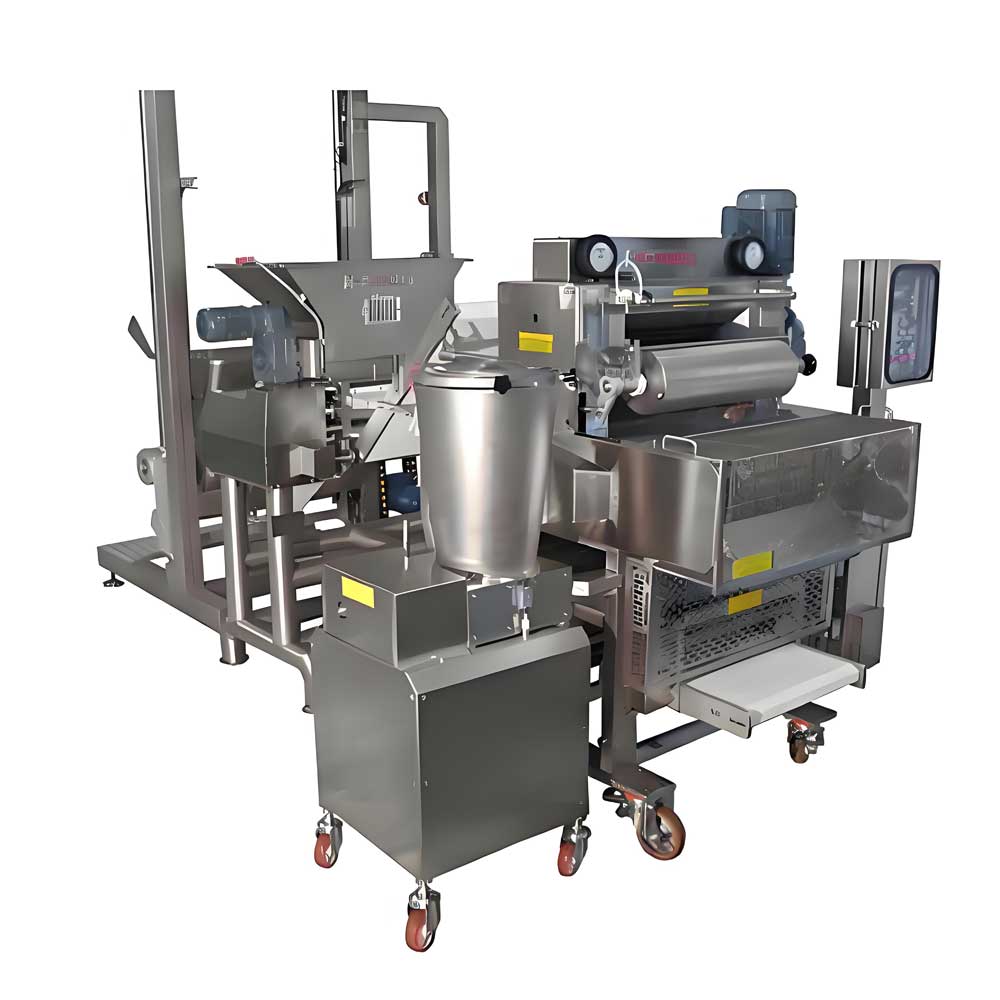 Pelmeni Making Machine
Pelmeni Making Machine
Ready to Get Started?